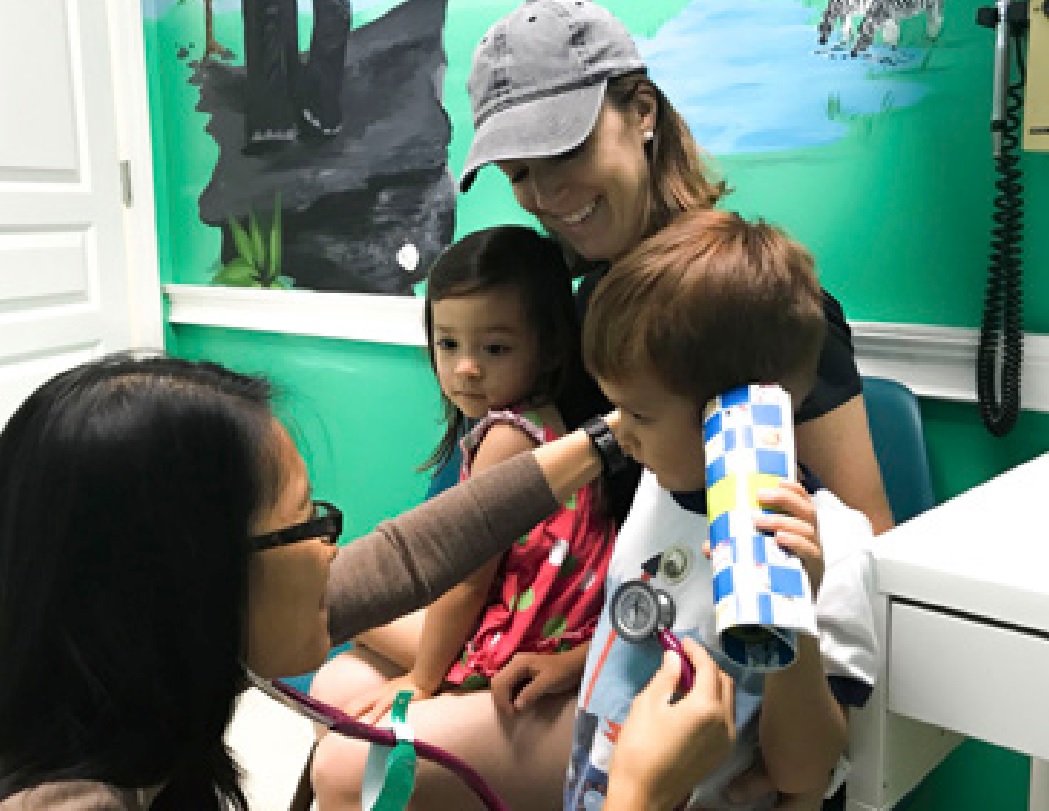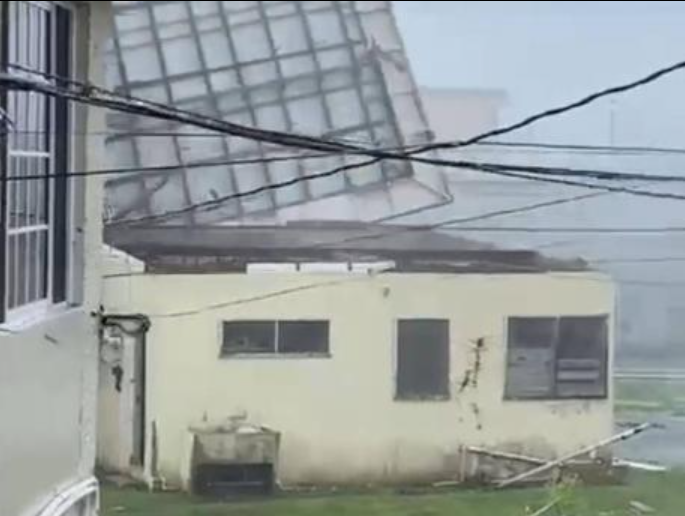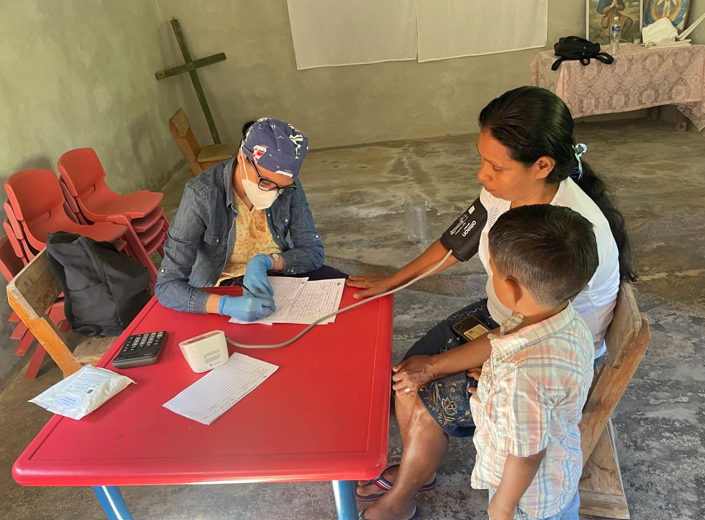At a Crossroads: Why Maternal & Child Health Needs Our Support Now More Than Ever
Charitable healthcare providers are facing a dire situation as rising demand for maternal and child health services collides with a funding crisis that threatens their ability to care for the communities that need them most.
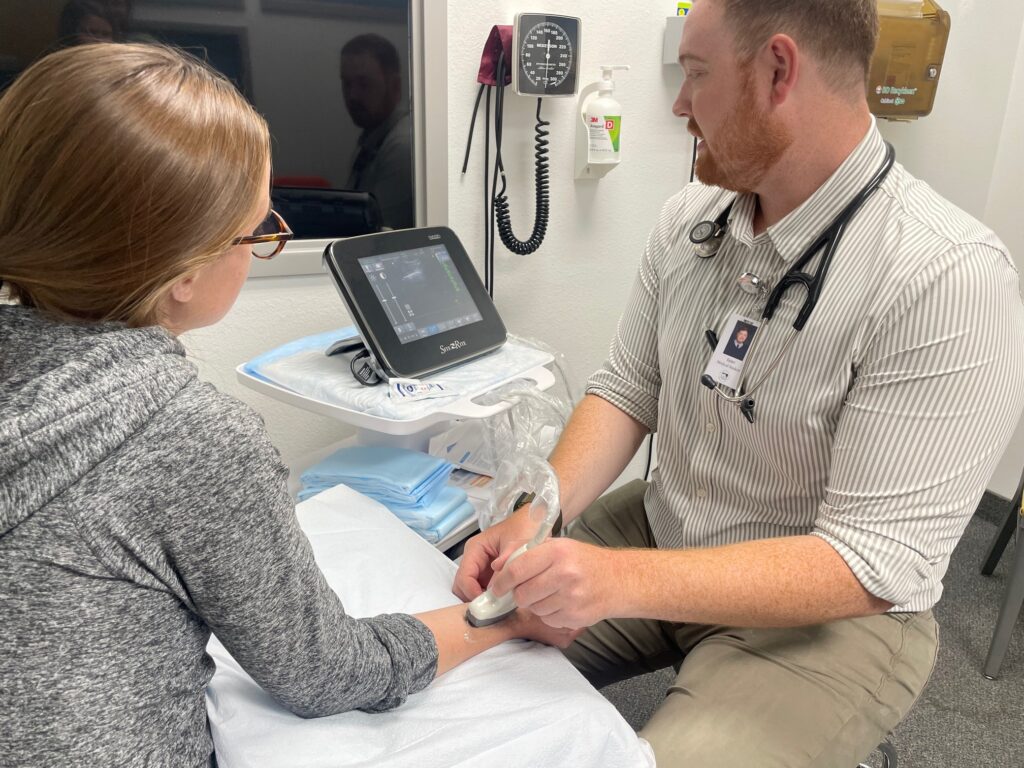
Across the U.S. and around the world, women’s health—especially maternal and child health—is facing serious setbacks. Recent changes in policy and reductions in funding have disrupted essential services for pregnant women, new mothers, and children, particularly in underserved and remote communities. As access to care becomes more difficult, charitable healthcare providers are stepping in to fill critical gaps—often with limited resources and growing demand.
A System Under Strain
In the U.S., programs that track and support maternal health outcomes have been paused or cut. One example is the Pregnancy Risk Assessment Monitoring System (PRAMS)—a vital CDC program used by nearly every state to monitor maternal health risks and guide early interventions. When systems like PRAMS are paused, we lose valuable insights into complications such as postpartum depression, access to prenatal care, and racial and geographic disparities in health outcomes.
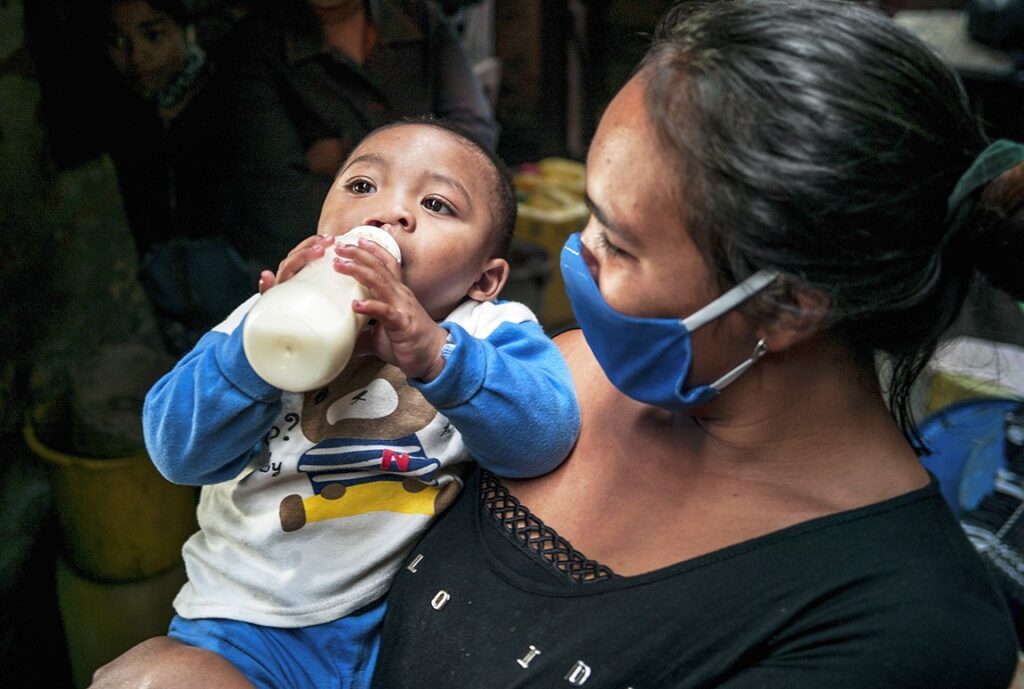
At the same time, the proposed federal budget for FY2026 includes a 26% reduction in discretionary funding for the Department of Health and Human Services (HHS), with hundreds of millions of dollars in cuts to maternal and child health programs. Across the country, this is forcing charitable clinics, free health centers, and nonprofit hospitals to make difficult choices—often cutting back on services that support mothers and babies.
Internationally, similar challenges are emerging. Policy changes in U.S. foreign aid—such as the expansion of the Global Gag Rule—have limited funding to organizations providing a range of health services for women and children in low-resource settings. These organizations often serve as the only access point to healthcare in rural or underserved regions. When they lose funding, services like prenatal care, HIV testing, newborn screenings, and family health education often disappear. The consequences? Increased maternal mortality, more complications during childbirth, and poor outcomes for children who deserve a healthy start to life.
MedShare’s Role: Partnering with Providers on the Frontlines
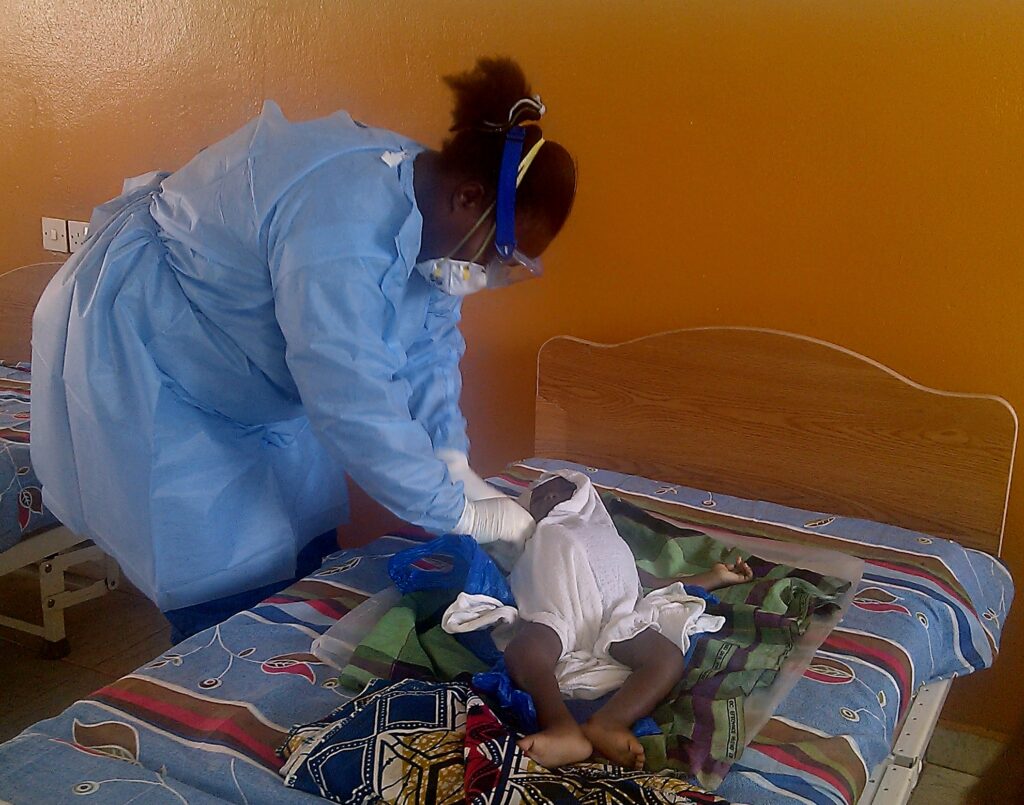
Amid this backdrop, MedShare is stepping up to support the people and organizations working on the frontlines of maternal and child health. For 27 years, MedShare has provided critical medical supplies, equipment, and training to strengthen maternal and child health outcomes across the globe. From neonatal incubators in West Africa to maternal health kits for rural clinics in Central America—and diagnostic tools and PPE for free clinics in the U.S.—our mission is to ensure that charitable healthcare workers have what they need to deliver safe, effective, and dignified care to women and children.
In 2024-25 alone, MedShare has supported hundreds of charitable clinics, non-profit hospitals, and vulnerable health systems that serve communities where access to maternal health services is limited or nonexistent, including:
- Donating 92 portable ultrasound machines to 80 free and charitable clinics across 30 U.S. states, along with training for clinic staff on installation, use, and maintenance
- Delivering neonatal equipment to improve care for premature and low-birthweight infants
- Assembling and delivering thousands of Clean Birthing Kits stocked with medical supplies necessary to ensure a safe birthing environment outside of a medical facility
- Donating OB/GYN exam tables
- Donating other diagnostic tools to support prenatal screenings
- Supplying providers with personal protective equipment (PPE) and infection-control supplies for safe deliveries
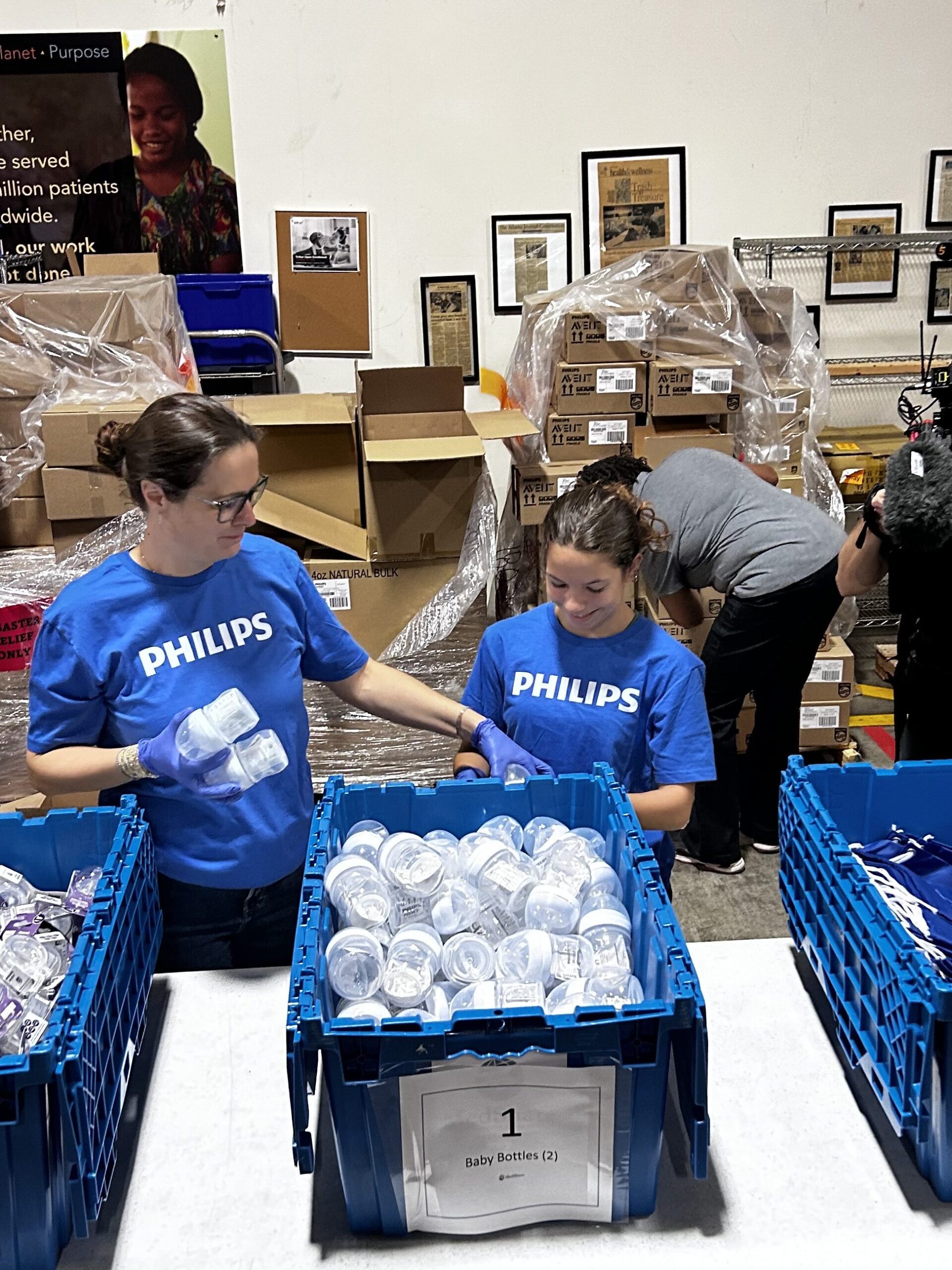
And we’re not slowing down.
As the need grows, we are expanding our partnerships with free and charitable clinics in the U.S.—many of which operate with little or no public funding. These clinics serve women who are uninsured, underinsured, or living below the poverty line. In many cases, they are the only source of prenatal and postpartum care in the community.
Why This Matters Now
Investing in maternal and child health is one of the most effective ways to improve community well-being and long-term public health. Healthy mothers are more likely to raise healthy children. Early intervention during pregnancy and infancy can reduce the risk of chronic disease, developmental delays, and long-term healthcare costs. Yet too often, these services are the first to be cut when funding is tight.
That’s why MedShare is doubling down on our commitment to equitable, accessible maternal and child health. We believe that no woman should have to give birth without proper medical care, and no child should be denied a healthy start in life simply because of where they live.
You Can Make a Difference
By supporting MedShare, you help equip clinics, hospitals, and caregivers with the tools they need to deliver safe, quality care to mothers and babies. Whether it’s through a donation, a partnership, or simply spreading the word, you are part of a global effort to ensure that maternal and child health remains a priority—not an afterthought.
Together, we can close the gap. Together, we can help communities thrive.
